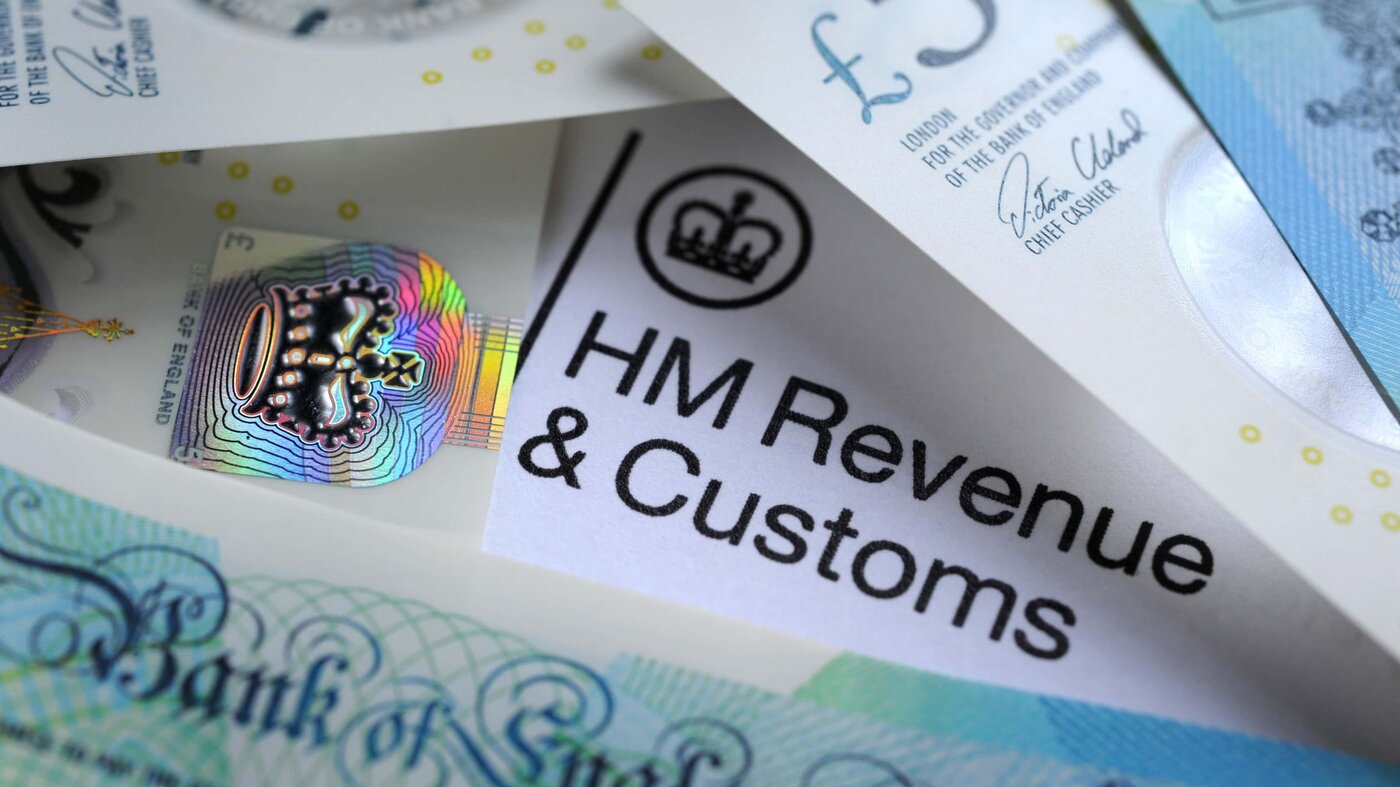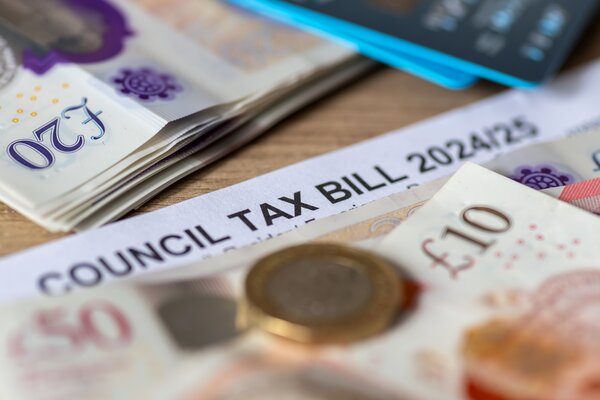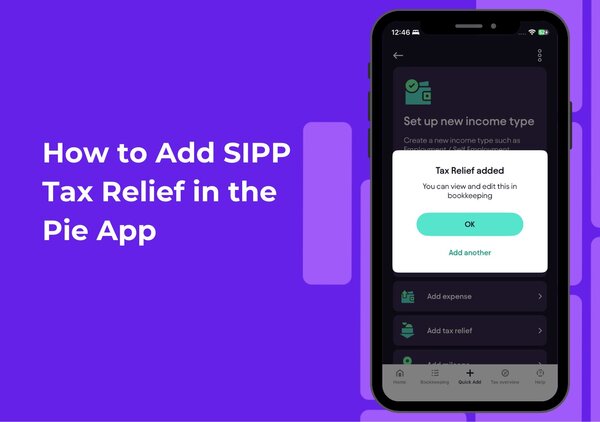New Reporting Requirements for Digital Platforms
Since January 2024, digital platforms operating in the UK, including popular sites like eBay, have been required to share information about certain sellers with HMRC. This measure forms part of a broader initiative aligned with international efforts to combat tax evasion within the digital economy.
Under the rules, platforms must report seller data if individuals sell 30 or more items in a tax year or generate sales totalling approximately £1,700 or more within that period. The data collected by digital platforms extend to both professional and private sellers, aiming to ensure that all relevant income and gains are appropriately declared for tax purposes.
The rules also help HMRC identify individuals who may meet thresholds for additional reporting or tax liabilities.
Seller Concerns and HMRC Communication
The changes prompted concern among some sellers, particularly those selling personal possessions and unfamiliar with the new requirements. In one instance, a seller queried why eBay requested their National Insurance number and expressed confusion regarding income thresholds and possible impacts on their overall tax position.
In response, HMRC directed the seller to the government’s official online tool for self-assessment. The tool allows individuals to determine whether they need to report extra income beyond their main employment. According to HMRC, if sales are below the reporting thresholds or relate solely to personal, used possessions, tax is unlikely to be due.
HMRC Required Information for Online Sellers
When sellers cross either the item count or value thresholds, HMRC requires platforms to provide specific personal information, which includes the seller’s full name, residential address, date of birth, and their National Insurance number for those based in the UK.
These steps are designed to facilitate proper tax assessment, ensuring that all taxable income and capital gains are identified. For most casual sellers of personal goods, simply providing the requested data does not necessarily trigger a tax bill but ensures compliance with new transparency standards.
Personal Possessions and Tax Exemptions
HMRC’s guidance confirms that most personal possessions sold for less than £6,000 are not subject to tax. Personal items are defined as objects owned and used by the seller, such as clothing, jewellery, sports equipment, or electronics. Only in specific circumstances, such as frequent trading or business activity, might further tax obligations arise.
The government website details that personal items acquired for individual use or received as gifts are generally exempt if sold within the £6,000 limit. This provides reassurance for those clearing out unwanted items, with the threshold designed to exclude routine, low-value sales from tax.
Capital Gains Tax for High-Value Sales
If a seller disposes of a personal item for more than £6,000, the transaction may be liable for capital gains tax (CGT). According to HMRC, the applicable capital gains tax rate for such disposals is currently 24 percent. However, only the gain the difference between the sale price and the acquisition cost of the item is taxable.
These CGT provisions are aligned with broader efforts to ensure that significant disposals of personal assets are appropriately taxed and declared, especially where the gains exceed annual allowances.
Guidance for Individuals Selling Online
HMRC advises all individuals selling online to consult official tools and guidance to determine their own tax position. Clear online resources, including calculators and information pages, assist users in understanding whether they are required to make a disclosure or pay tax.
As one seller confirmed after using the HMRC checking tool, most one-off private sales of low-value items do not trigger tax liabilities. Sellers are nonetheless encouraged to maintain accurate records of their transactions, particularly as platforms increase reporting to HMRC. This recordkeeping can support individuals in evidencing the nature of their sales and help avoid any misunderstandings about tax implications.
Final Summary
The new regulatory framework introduced for digital platforms is part of HMRC’s strategy to improve transparency and tax compliance in an evolving e-commerce landscape. Everyday sellers disposing of personal possessions for modest sums are generally excluded from tax, provided sales fall under the £6,000 threshold.
Only higher-value disposals or frequent sales activity could result in further tax considerations, notably capital gains tax on items sold above £6,000. Individuals are advised to consult official HMRC guidance and make use of the available tools to assess their tax status. Those seeking clarity on their obligations will find government resources comprehensive
For further updates on personal finance and how tax rules affect everyday transactions, the Pie app provides concise news and guidance.











